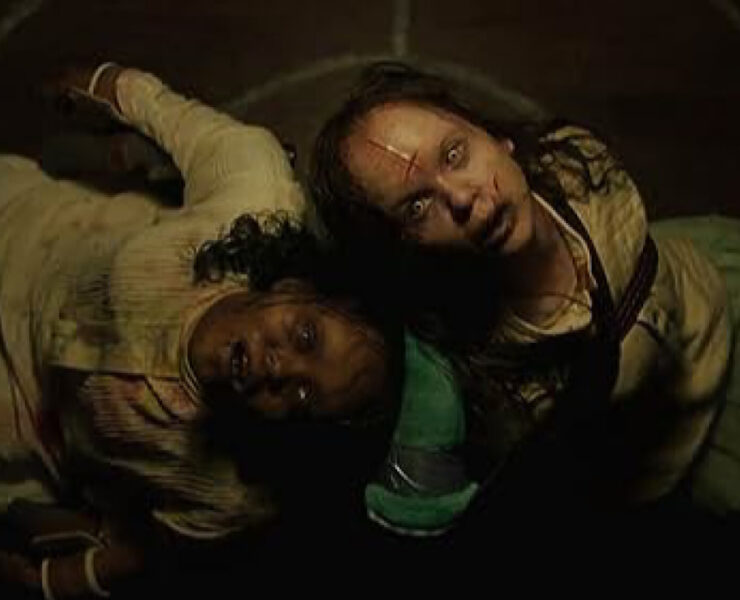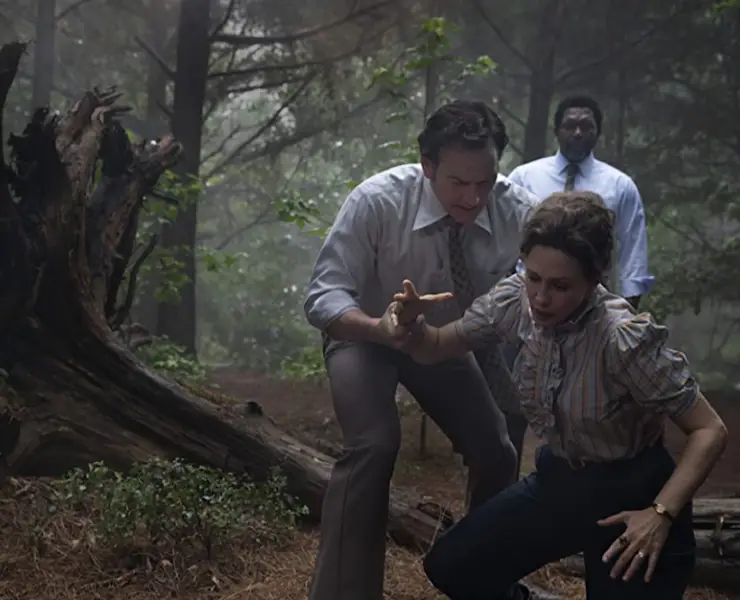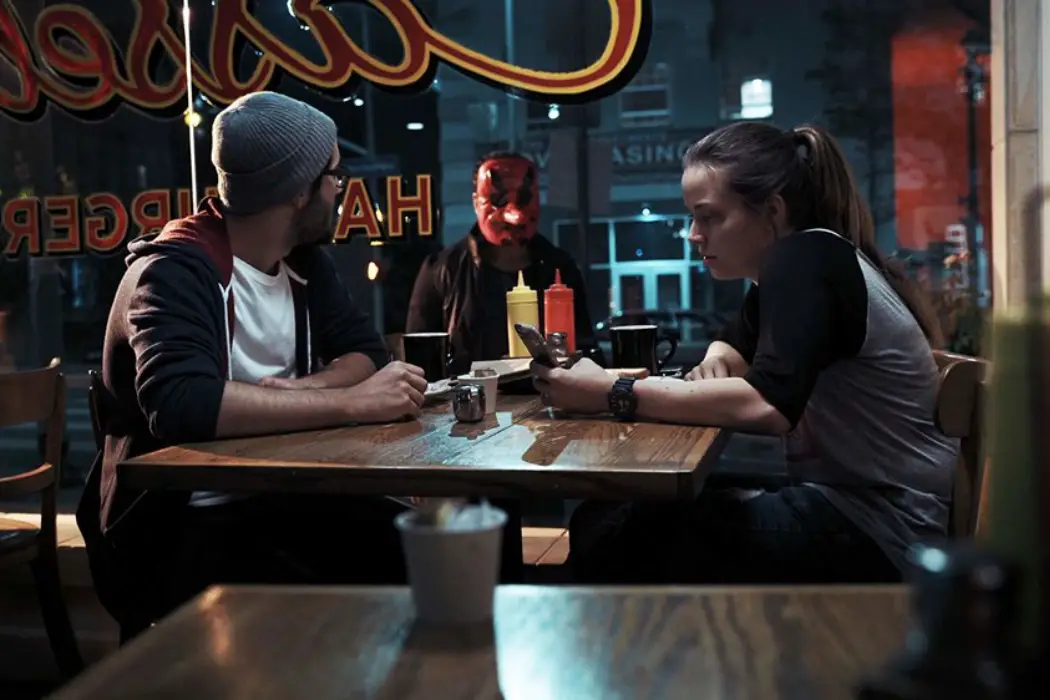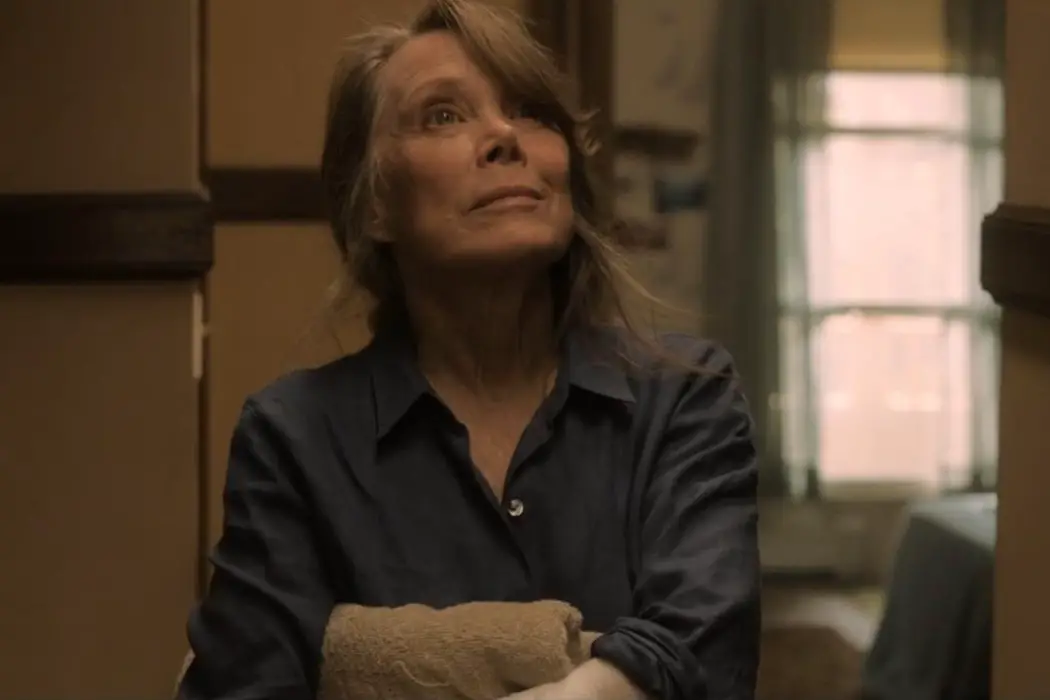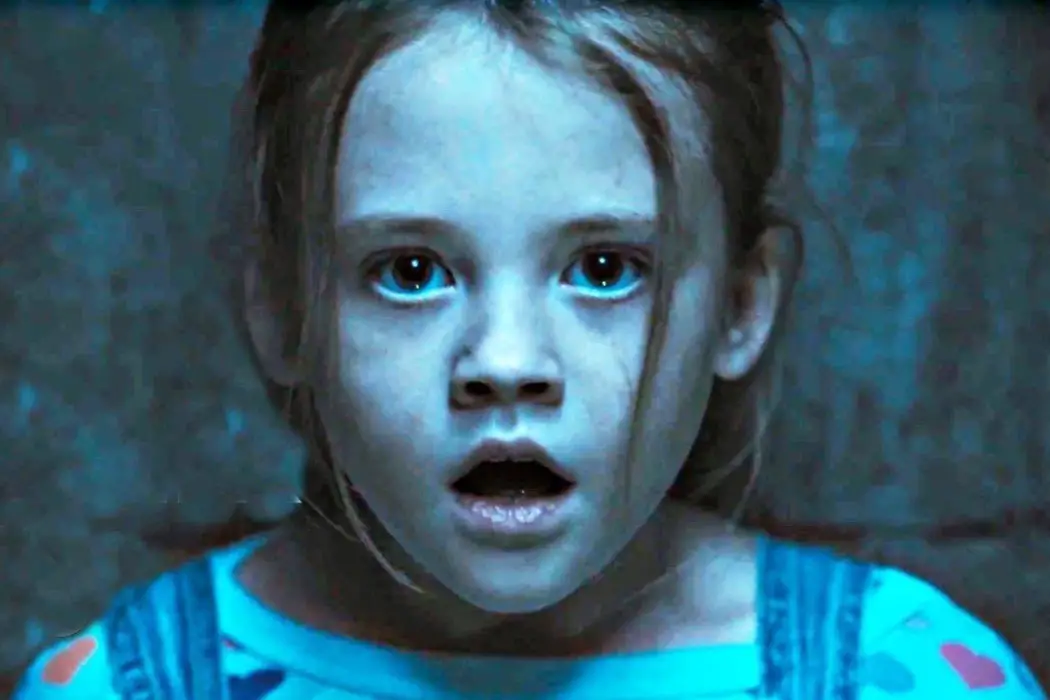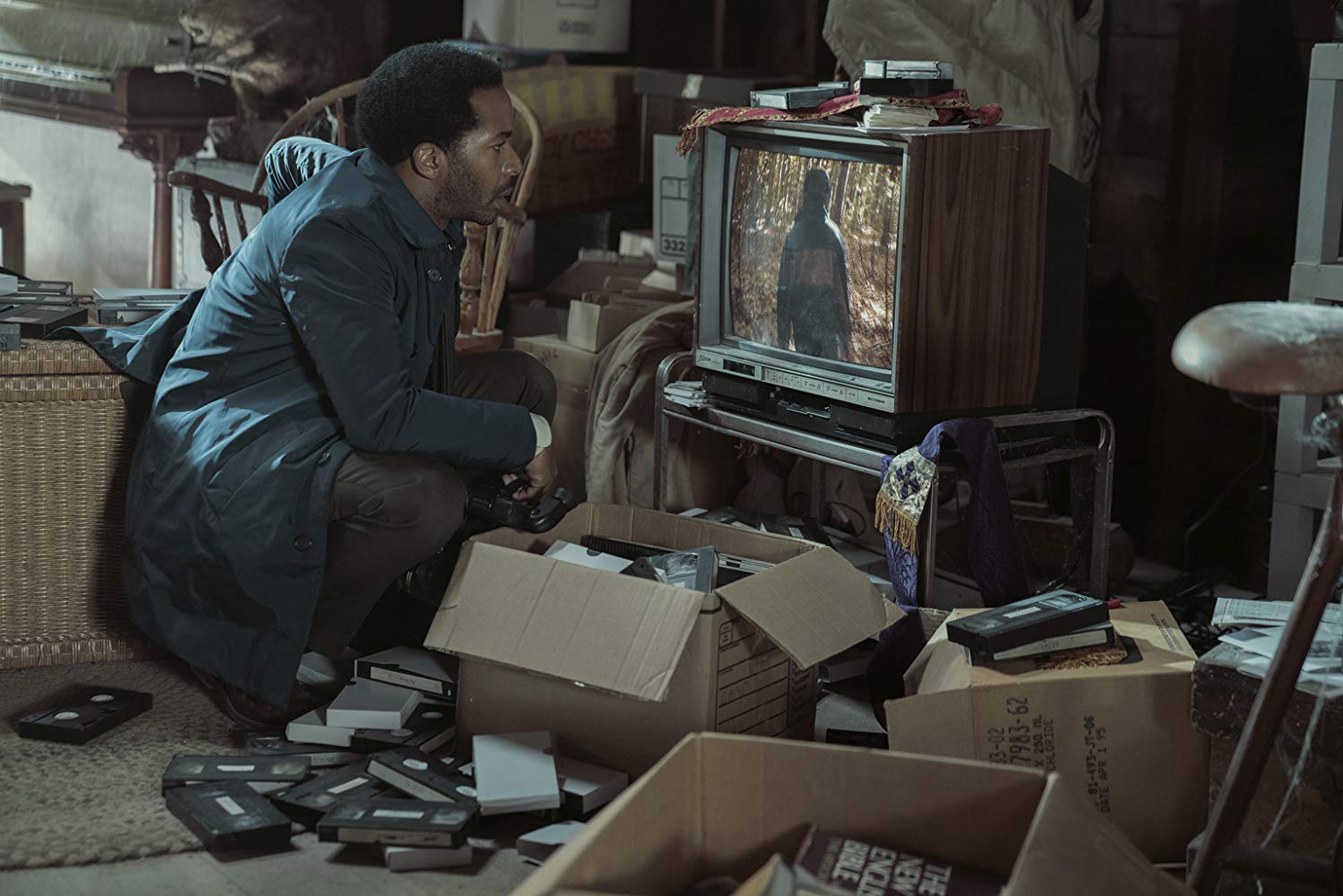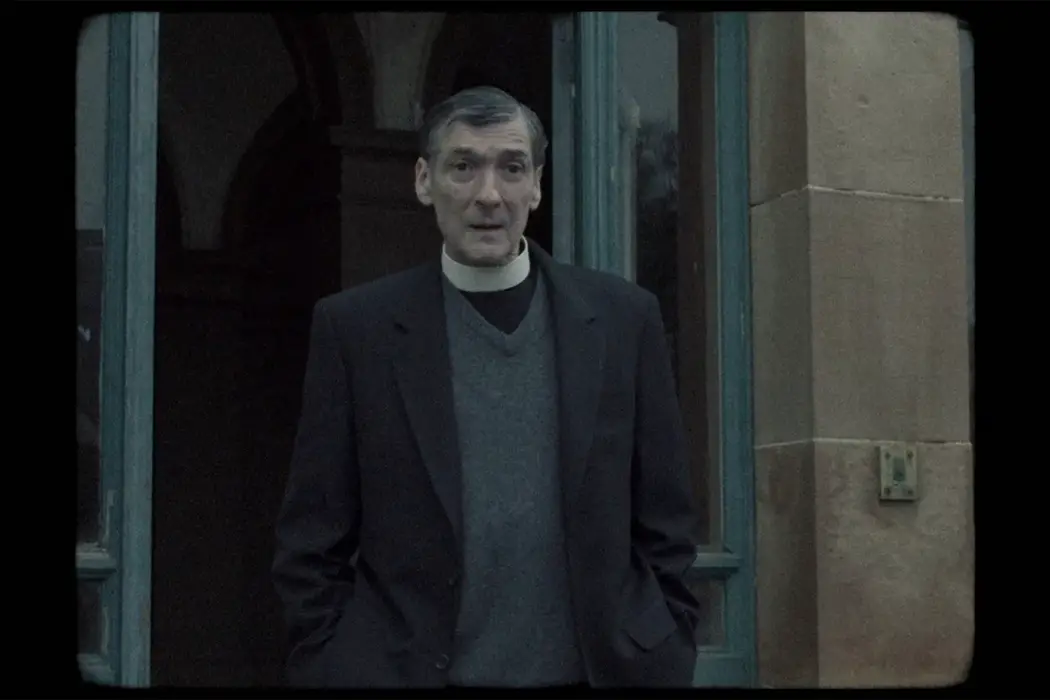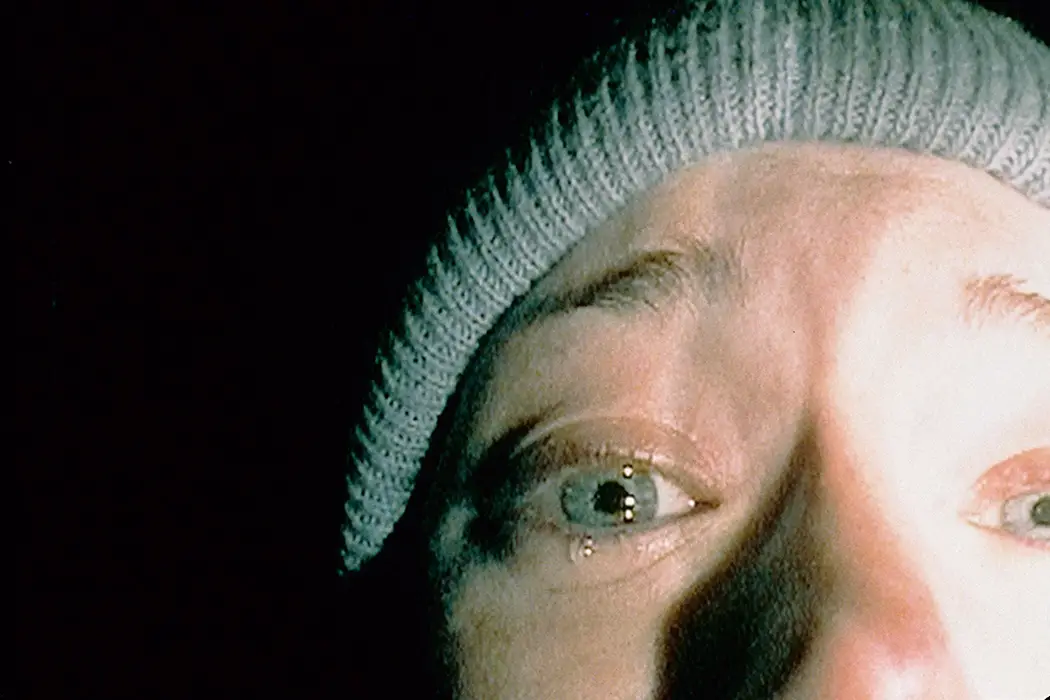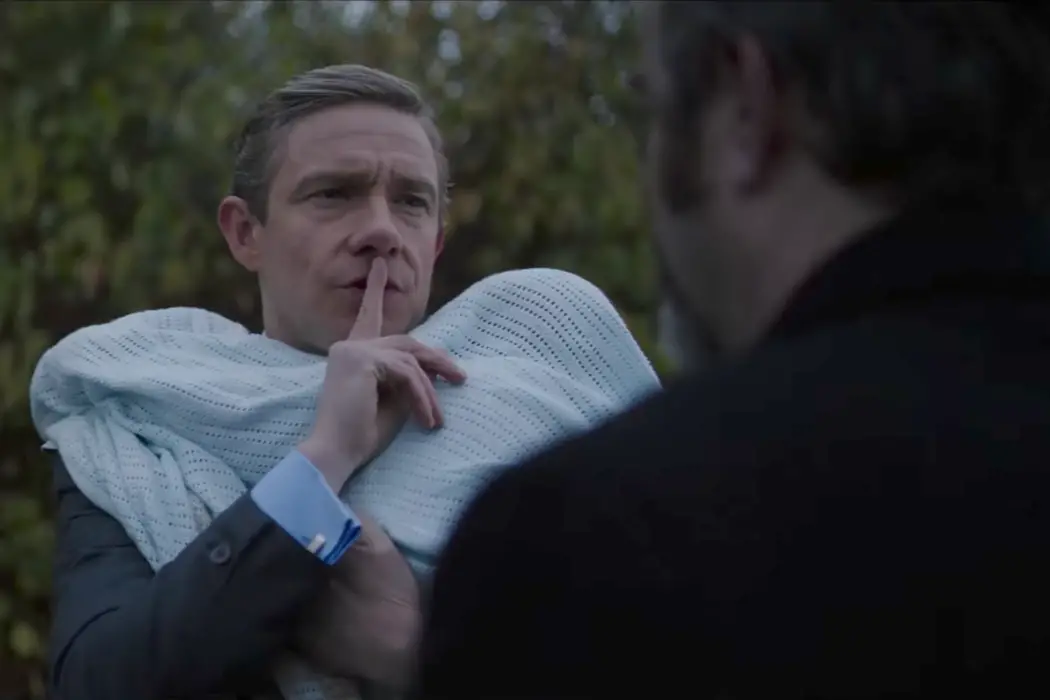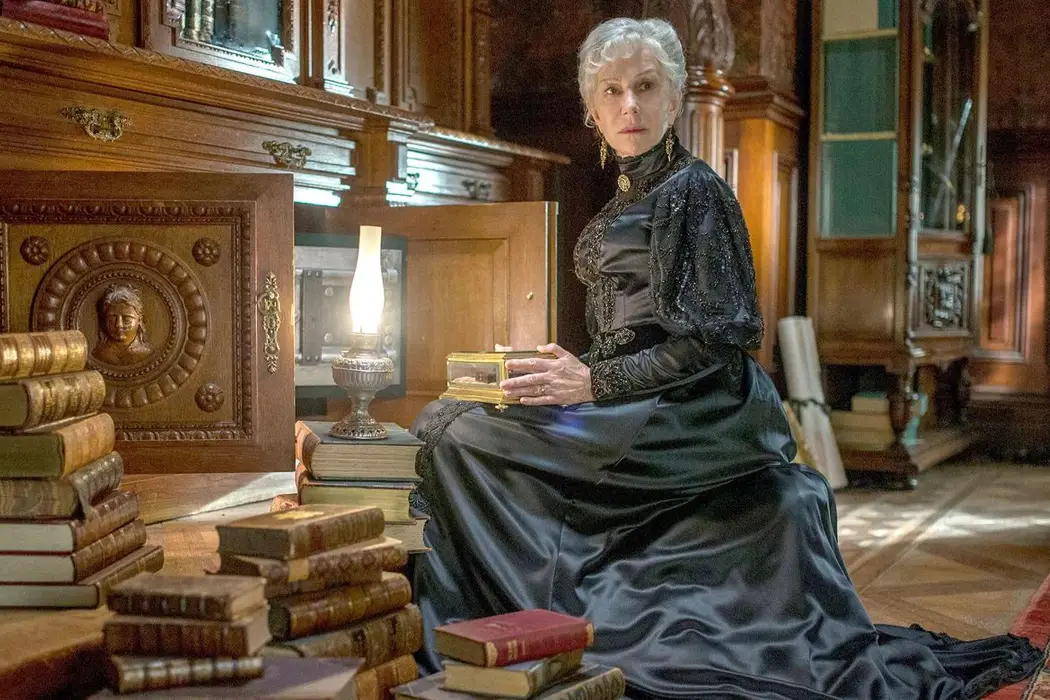paranormal
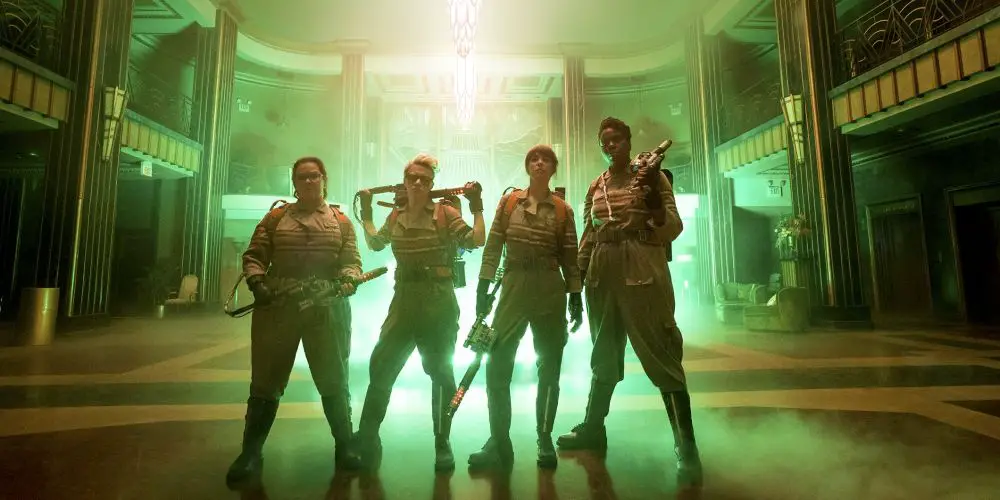
It would be to put it lightly that this film’s reputation preceeded it. After years of people theorising about another sequel to Ghostbusters (1984), naively deciding to overlook the fact that Bill Murray didn’t want to work with Harold Ramis again, and Ramis’ recent death, a new film was announced. The only problem was that noted comedy director Paul Feig was put in charge.
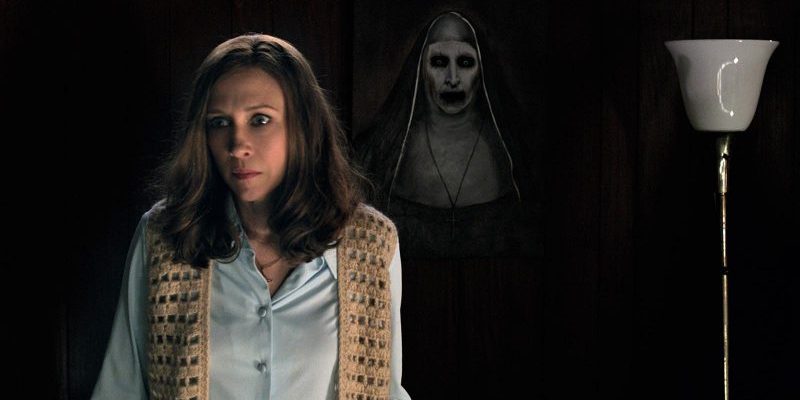
After a brief hiatus with Fast and Furious 7, mainstream horror’s prodigal son James Wan has returned to the Devil’s Church of Jump Scares with a sequel to his paranormal blockbuster, The Conjuring. The main lesson he seems to have learned on his franchise-hopping action excursion is how to make things feel absolutely massive, and in following the golden rule of sequels, he’s applied that bigger-is-better ethos to The Conjuring 2. The ghostbusting duo of the first film – Ed and Lorraine Warren – are called to London to flush out some more housebound demons, but in an effort to raise the stakes over the first film, Lorraine is also faced with her own adversaries:
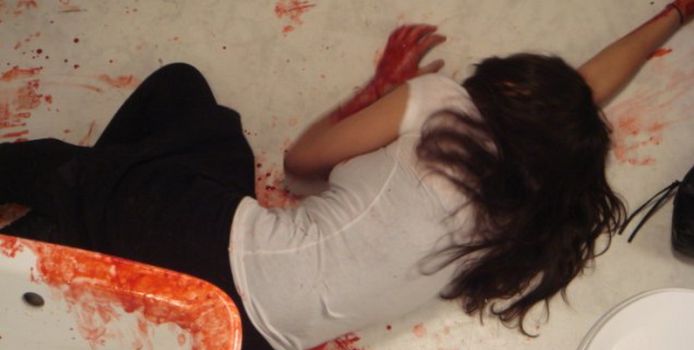
Film Noir is not an easy genre to tackle nowadays, simply because trends in culture have changed. The hard-boiled detective of the black and white screen, the one with the alienated, tough exterior and a penchant for femme fatales – think Dana Andrews in Laura or Bogie in The Big Sleep – would cause no more than a snicker, so removed are they from the world we witness every passing day. Our post-modernist mindset asks for the type of heroes we find authentic, those we can relate to, this is why the grand days of Film Noir have passed – which is not to say some of its elements cannot be used for fine, fine cinema.
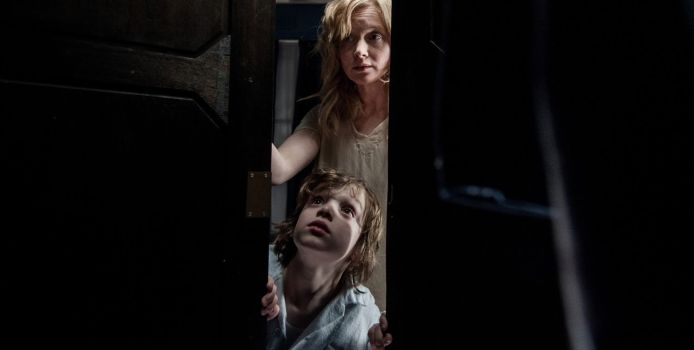
“If it’s in a word, or it’s in a look, you can’t get rid of The Babadook”. The mainstream horror genre is in a bad state at the moment. In the wake of the success of Paranormal Activity, Hollywood studios are taking advantage of the huge financial potential of the genre, and the fact that you can spend very little money on a horror film and make a huge profit off of teenage audiences.


